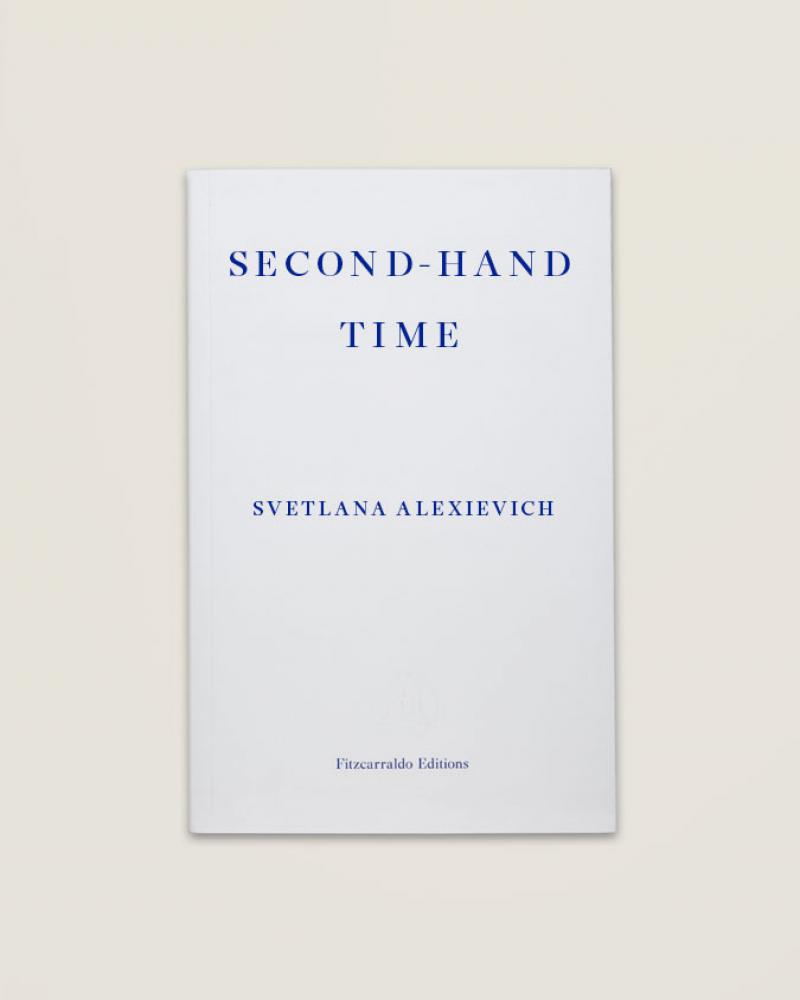

Like the greatest works of fiction, Secondhand Time is a comprehensive and unflinching exploration of the human condition-or, as the Russian in me is tempted to put it, of the human soul. While the book is an excellent guide to a vanishing culture, it transcends ethnography. Alexievich’s 470-page oral history of the Soviet people, heartbreak will become second nature. Read Full Review >īy the time you’re finished with Ms. The most ancient grievances are churned up.So are the freshest longings. Secondhand Time is an avalanche of engrossing talk. This book is dense on a macro level, but one sometimes misses the sentence-by-sentence density of the best fiction. The interviews were collected over many years, but dates are rarely supplied. This book can leave you lost in time, as well. But the stories.can also be baggy and repetitive. In this lucid translation by Bela Shayevich, she gets these details onto the page.

This book is thick with longing for old times, terrible though they might have been. When she does insert a comment, it’s in brackets and often unbearably moving, like 'She no longer wipes her tears' or 'She’s practically screaming' or 'And both of us cry.' A freight of catharsis is on display.

There are few interpolations from the author. It offers a flood of voices: doctors and writers, deli workers and former Kremlin apparatchiks, soldiers and waitresses. You can open this document anywhere it’s a kind of enormous radio.


 0 kommentar(er)
0 kommentar(er)
